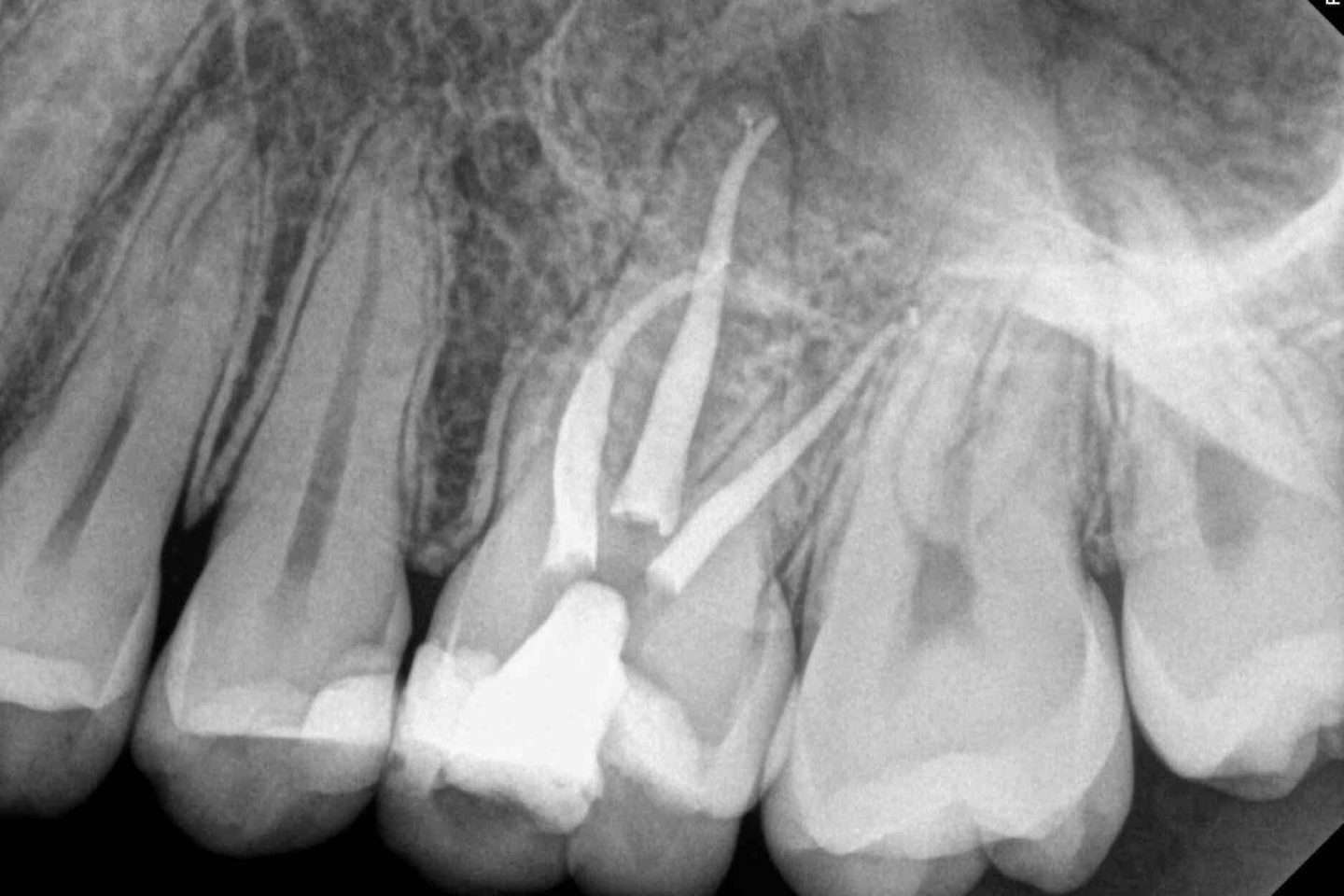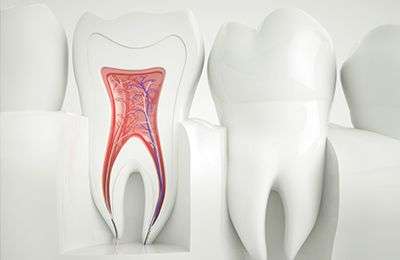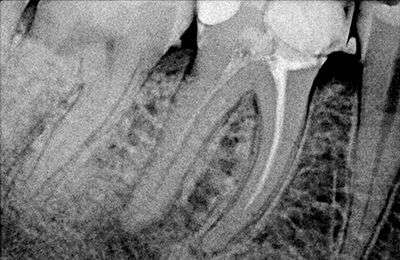Core Buildup Procedure After Root Canal

Core Buildup
- What Is A Core Buildup?
- How Long Does A Core Buildup Last?
- Is A Post Necessary After A Root Canal?
- Does A Core Buildup Hurt?
- How Much Does A Core Buildup Cost?
After a root canal treatment, the tooth may not have enough structure above the gum line to place a crown, but the roots and subgingival tooth structure may still be in good shape. In these cases, a core buildup procedure is performed in an effort to save a tooth by reinforcing the tooth structure and preparing the tooth for a crown.
Taking a proactive approach by receiving a core buildup and crown preparation can reduce your discomfort and improve the structural integrity of your teeth.
An NYC endodontist can perform the core buildup procedure. At Midtown Endodontist NYC, we address the issue quickly and efficiently, allowing you to return to your daily routine without pain.
Informative
I was a Dental Asst. for 3 dentists many years ago. Things have changed, especially not using posts anymore. My son is getting a root canal today w/a build-up same day. Glad to hear pain will be minimal & less chance of tooth decay having build up same day. Thanks for new information, very informative.
What Is a Core Buildup?
A core build up is a restorative dental procedure that uses a special filling material to replace an absent tooth structure so a tooth can support a dental crown after a root canal. Your endodontist may use tooth-colored composites to help the new material blend in with your tooth’s coloring.
Core buildup is an essential step in preparing your mouth for a successful crown. Without it, your mouth cannot support a permanent restoration, and you will continue to have a missing tooth. This can lead to dental dilemmas and even distress as decay or infection attacks the remaining root with your missing tooth unprotected. Keep in mind, though, that a core buildup is not required for all crowns. Teeth with no significant structural damage can get crowns without any additional buildup.
For those who need it, getting a core buildup reinforces the tooth and readies it for a restorative procedure that will last for many years. The tooth structure must be able to support a crown — it gives the endodontist the structural integrity necessary to build out the crown and keep your mouth healthy.
The end result achieves what you desire for your missing tooth. The core gains the strength it needs to support a crown, and your mouth will feel comfortable and stable. Your endodontist can also restore the tooth and return the chewing function you may have missed with a broken-down tooth. Through correct nutrition and proper care, you can enjoy the benefits of your new tooth for a long time.
How Long Does a Core Buildup Last?
A core build up will last for many years. You don’t have to worry about getting the procedure again once you have received treatment — core buildups can maintain their integrity for a long time. First, you will receive a temporary crown until your permanent crown has been prepared. That process takes just a few days, and then the procedure is finished.
You may also wonder how long the core buildup procedure lasts in the endodontist’s office. A core buildup takes about 30 minutes to perform, so you will be in and out of our office very quickly.
Is a Post Necessary After a Root Canal?
Crown preparations in years past were often performed using a metal post. The technique has evolved, however, and metal posts are no longer needed. Many dental offices even consider the post outdated as the metal lacks flexibility and feels more invasive than materials matching the natural shape of the tooth and root.
Instead, with a core buildup, you will receive an all-white, metal-free restoration. This provides several advantages over the old metal posts:
- Efficient and painless: Metal posts were created as wedges and sometimes required extraction if the tooth became fractured. The wedging action could be uncomfortable, and metal posts did not follow the contour of the canal. Core buildup is gentler and usually does not require further extraction or treatment.
- Excellent results: The wedging of the metal post could injure the tooth. Core buildup uses adhesion, which does not hurt the tooth.
Does a Core Buildup Hurt?
A core buildup after a root canal is mostly pain-free. We use a topical anesthetic to numb the area before giving you local anesthesia. As the endodontist works, you will not feel anything. Later, once the anesthetic wears off, you may feel a little discomfort for a day or two after the procedure, but it does not last long.
Most of our patients find a root canal to be more painful than a core buildup, though root canals often cause less pain than most patients expect. Even if you demonstrate a low threshold for pain, you will most likely not feel pain during a core buildup. This process typically creates results that will decrease your discomfort over time, a tradeoff many of our patients welcome.
How Much Does a Core Buildup Cost?
The average price of a core buildup is relatively inexpensive. Many dental offices, including Midtown Endodontist NYC, offer insurance options as well. Your dental provider can give you a firm number and help you figure out if they take your insurance. You should then check with your carrier to determine what will be covered as you will need to pay the remaining balance.
If you have questions about financing your core buildup before the procedure, speak with your endodontist’s office. You do not want to initiate a procedure without being sure you have the financial options to pay for it.
Get a Core Buildup Following a Root Canal
At Midtown Endodontist NYC, we have assisted many people with a core buildup after a root canal. The sooner you seek treatment, the less chance of tooth decay developing on the broken-down tooth. We will even make a temporary crown using fill-in material until the permanent crown has been constructed.
Trust us to perform the buildup and crown. Schedule your appointment today to protect your tooth and dental health in the long term.
Author: Dr. Steven Lipner

 Our Providers
Our Providers
 Blog
Blog
 Contact us
Contact us
 Endodontics
Endodontics
 Root Canal Treatment
Root Canal Treatment
 Emergency Root Canal
Emergency Root Canal
 Root Canal Retreatment
Root Canal Retreatment
 Complimentary Teeth Whitening
Complimentary Teeth Whitening
 Teeth Whitening
Teeth Whitening

